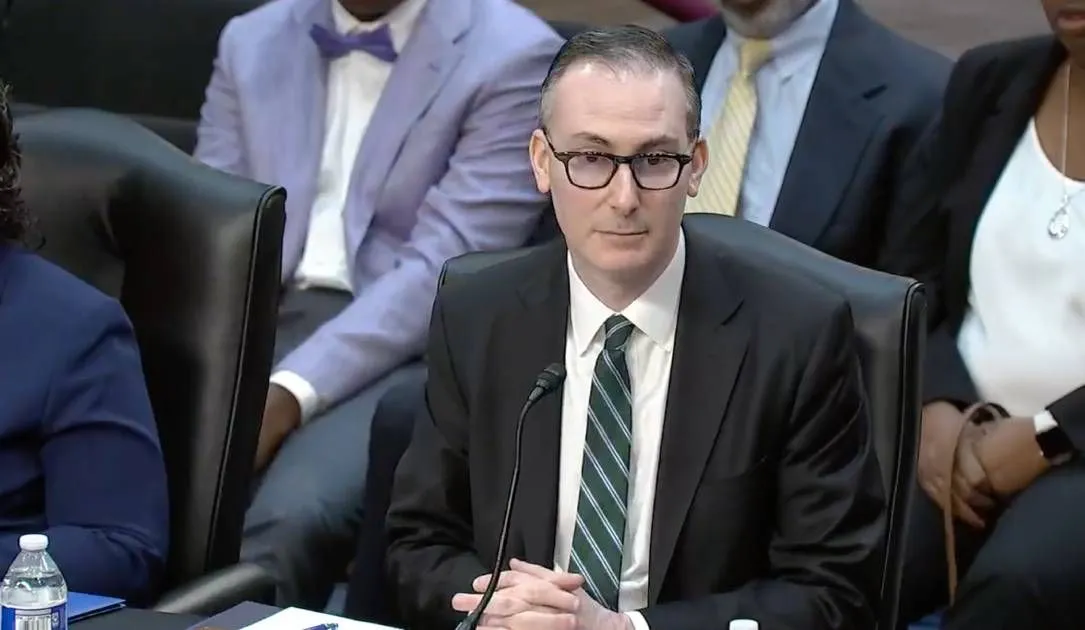A cyberespionage group known as XDSpy targeted Russia and Moldova with new malware. The group sent phishing emails to Russian targets, including a tech company and an organization in Transnistria.
The Senate Armed Services Committee has approved Michael Sulmeyer, the Army’s top digital adviser, as the inaugural assistant secretary of defense for cyber policy, paving the way for his nomination to the Senate floor for a vote.
Birgit Hofer and Thomas Hirsch from TU Graz have developed a new approach to speed up software bug fixes. By identifying bottlenecks in fault localization, they created a scalable solution using NLP and metrics to analyze code for faults.
Security researchers have uncovered the largest ransomware payment ever recorded, amounting to $75m, which was made to the Dark Angels group. This finding was revealed in Zscaler’s ThreatLabz Ransom Report for 2024.
DigiCert discovered a bug in how domain ownership was verified, leading to the mass revocation of SSL/TLS certificates. Approximately 0.4% of domain validations conducted between August 2019 and June 2024 are affected.
The Kids Online Safety and Privacy Act (KOPSA) combines two bills to enhance protections for children under 17, prohibiting targeted advertising, requiring consent for data collection, and limiting exposure to harmful content.
Healthcare organizations are jeopardizing patient privacy due to insecure file-sharing practices, according to a report by Metomic. The study found that 25% of publicly shared files in healthcare contain Personally Identifiable Information (PII).
The attack targeted C-Edge Technologies, a provider of banking systems for these banks. As a precaution, the National Payment Corporation of India (NPCI) has isolated these banks from the broader payment network to contain the attack.
A report by Vipre Security Group, based on data from processing 1.8 billion emails, revealed that 49% of blocked spam emails were BEC attacks, with CEOs, HR, and IT being common targets. The study also found that 40% of BEC attacks were AI-generated.
Lineaje has raised $20 million in a Series A funding round, led by Prosperity7 Ventures, Neotribe, and Hitachi Ventures, with Tenable Ventures also participating. This investment highlights the increasing demand for software supply chain security.









